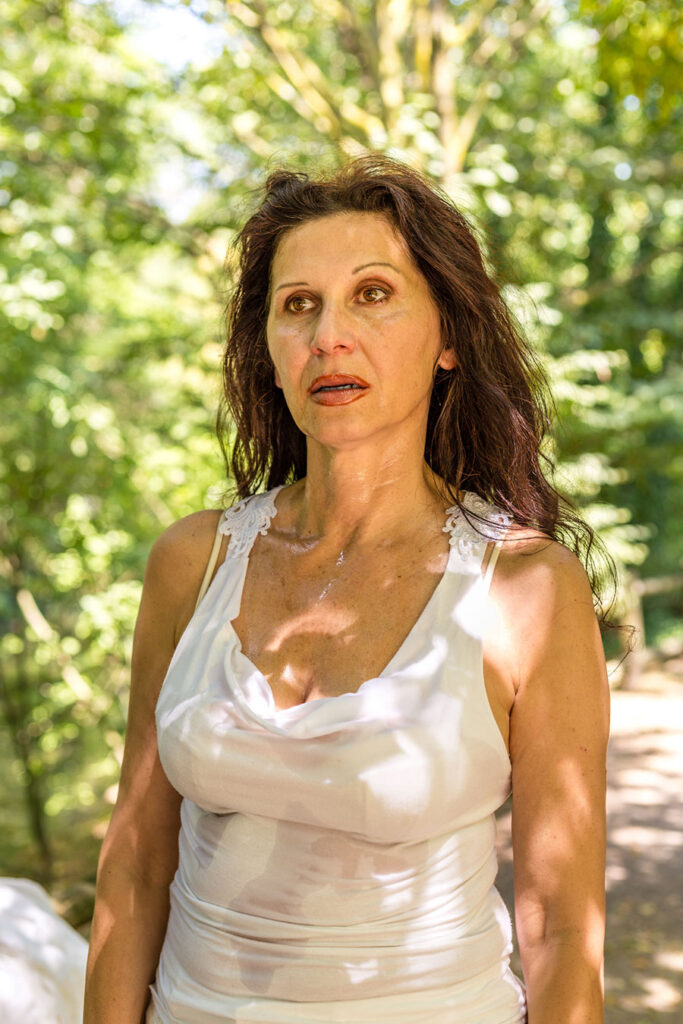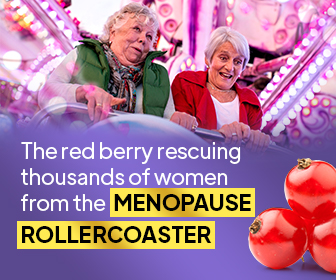MenoRescue™ has been producing great results for our customers, and reducing the number and severity of hot flashes is one of the primary ways in which it’s helped. However, there are still many other things you can do alongside MenoRescue™ to help alleviate the number and severity of hot flashes. In this article, we’ll explore the science behind hot flashes and share practical tips for managing them.
What Causes Hot Flashes?
Hot flashes are a common symptom of menopause and are caused by the hormonal changes that occur in a woman’s body during this time. Specifically, a decrease in the production of estrogen, a hormone that regulates body temperature, can disrupt the body’s thermostat, causing hot flashes. Additionally, changes in the levels of other hormones, such as progesterone, can also contribute to the frequency and intensity of hot flashes.
While menopause is the most common cause of hot flashes, other factors can also trigger them. These include stress, alcohol consumption, spicy foods, caffeine, and smoking.

7 Ways to Manage Hot Flashes:
- Dress in Layers:
A study published in the journal Menopause found that dressing in layers and wearing breathable fabrics can help reduce the severity of hot flashes. Breathable fabrics such as cotton or moisture-wicking synthetic materials help wick away sweat. - According to a study published in Obstetrics and Gynecology, keeping cool by using a fan, opening a window, or wearing lighter clothing can significantly reduce the frequency and intensity of hot flashes
- Practice Relaxation Techniques:
Stress can trigger hot flashes, so finding ways to manage stress is essential. A randomized controlled trial published in the Journal of Clinical Nursing found that mindfulness-based stress reduction, a relaxation technique that involves meditation and yoga, can significantly reduce the frequency and severity of hot flashes in menopausal women. - Exercise Regularly:
A systematic review published in the journal Menopause found that regular physical activity can reduce the frequency and intensity of hot flashes in menopausal women. Aim for at least 30 minutes of moderate exercise, such as brisk walking, swimming, or cycling, most days of the week. - Consider Herbal Remedies:
A review of clinical trials published in the Journal of Women’s Health found that some herbal remedies, such as black cohosh and red clover, can be effective in reducing the frequency and severity of hot flashes. - Hormone Therapy:
Hormone therapy involves taking estrogen and/or progesterone to replace the hormones that the body is no longer producing. According to a systematic review and meta-analysis published in the Journal of Women’s Health, hormone therapy can reduce the frequency and severity of hot flashes. However it comes with potential risks, such as an increased risk of blood clots, stroke, and breast cancer. It’s essential to discuss the benefits and risks of hormone therapy with your doctor. - Mindful Eating:
A randomized controlled trial published in Menopause found that reducing the intake of spicy foods and caffeine can significantly reduce the frequency and severity of hot flashes in menopausal women. Consider reducing your intake of these substances or avoiding them altogether.
In conclusion, the above lifestyle changes and treatments to manage hot flashes during menopause can help to support the work of MenoRescue™ and give you even better results and an improved quality of life. However, it’s always advisable to consult a healthcare professional before starting any new treatment or making significant changes in lifestyle habits.








